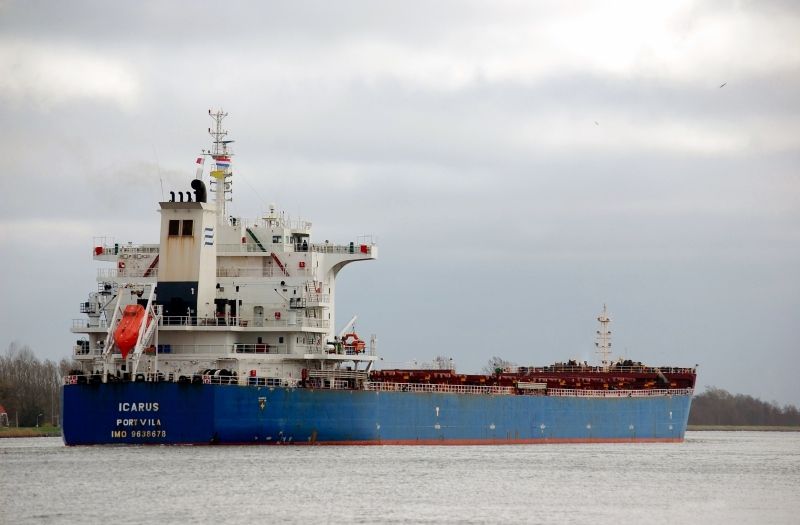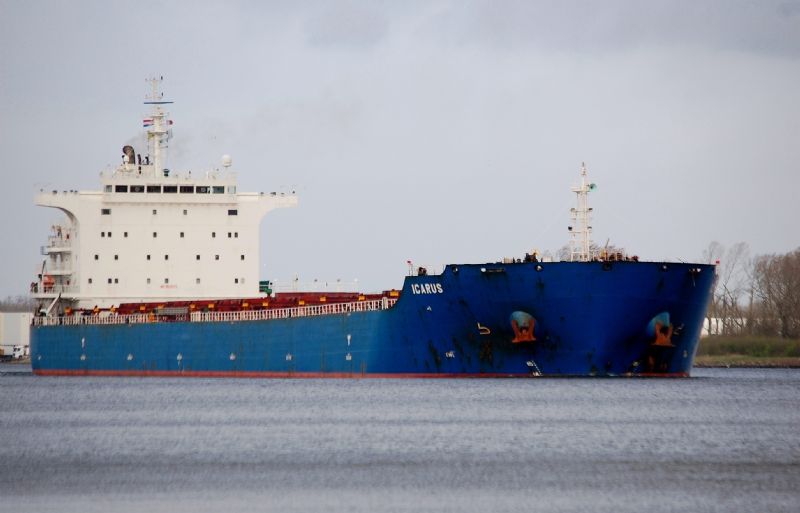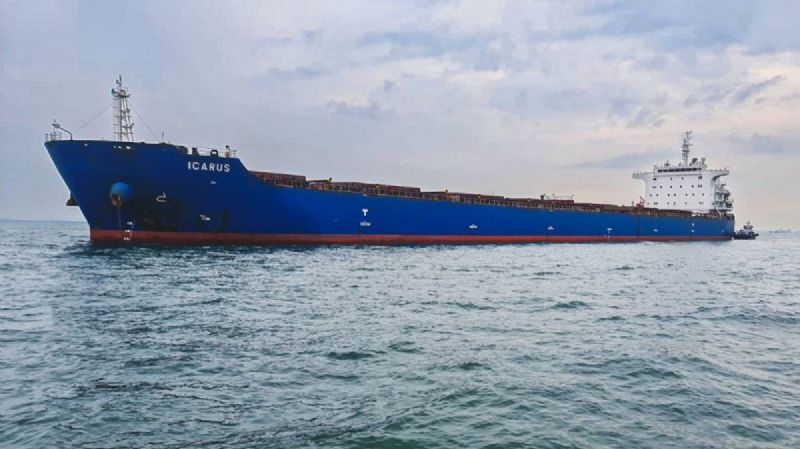
Noting that reliable real-world data regarding the impact of different low-carbon fuels on shipping has not yet been developed, researchers plan to use sophisticated tools to capture data from an in-service bulker. The goal is to develop information that will help shipowners develop pathways toward decarbonization while balancing the challenges of sustainability and commercial operations.
The vessel selected for the test is Laskaridis Shipping’s Icarus. Built in China in 2012, the vessel is 75,200 dwt. It is registered in Vanuatu and powered by a MAN BW engine. Working with Laskaridis will be Metis, a specialized high-frequency data acquisition and analytics firm for the maritime Industry. The Cambridge Centre for Advanced Research and Education in Singapore (CARES) will lead the project and perform the analysis.
"The high-frequency data collection systems installed on our vessels serve as the foundation for harnessing the potential of AI,” explains Nikolaos Tsoulakos, Innovation & Technology Manager of Laskaridis Shipping Co. “Through collaboration with CARES and Metis on this initiative, our aim is to contribute to the scientific community by sharing data and providing valuable insights to the maritime sector through data analysis and performance analytics.”
With funding from Singapore's National Research Foundation, data scientists at CARES have developed tools to model ship lifecycle pathways toward decarbonization. These include an online calculator, which helps users compare vessel performance across a range of fuel and decarbonization options, including Heavy Fuel Oil, on-board carbon capture, and others.
Professor Nondas Mastorakos from CARES explains with the fuel consumption, weather, and routing information, they will be able to apply modeling tools. They will provide “what if?” answers based on realistic data.
Integrating individual vessel characteristics such as weight, volume, and cargo displacement into the modeling, as well as energy consumption and emissions data, they explained will generate realistic inputs to develop an accurate picture of a ship’s future performance across a range of fuel options. The collaboration will create a database for projecting ship CO2 reductions, based on a granular analysis that goes far beyond estimates based on average fuel consumption and routing.



We use cookies to improve your experience. By continuing to use our site, you accept our Cookies, Privacy Policy,Terms and Conditions. Close X